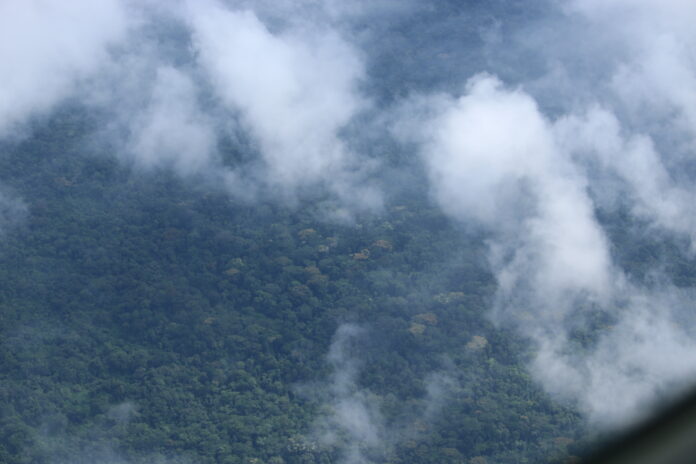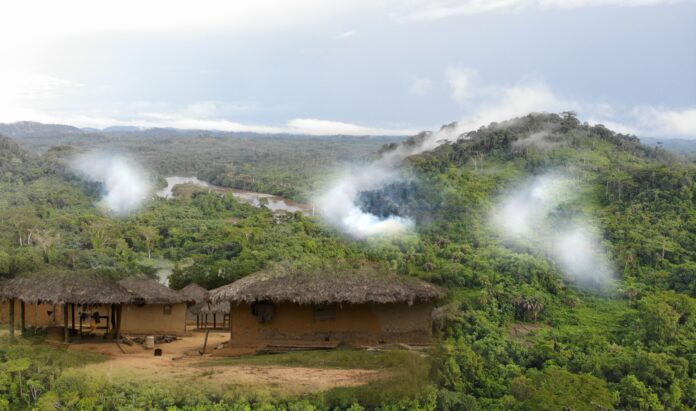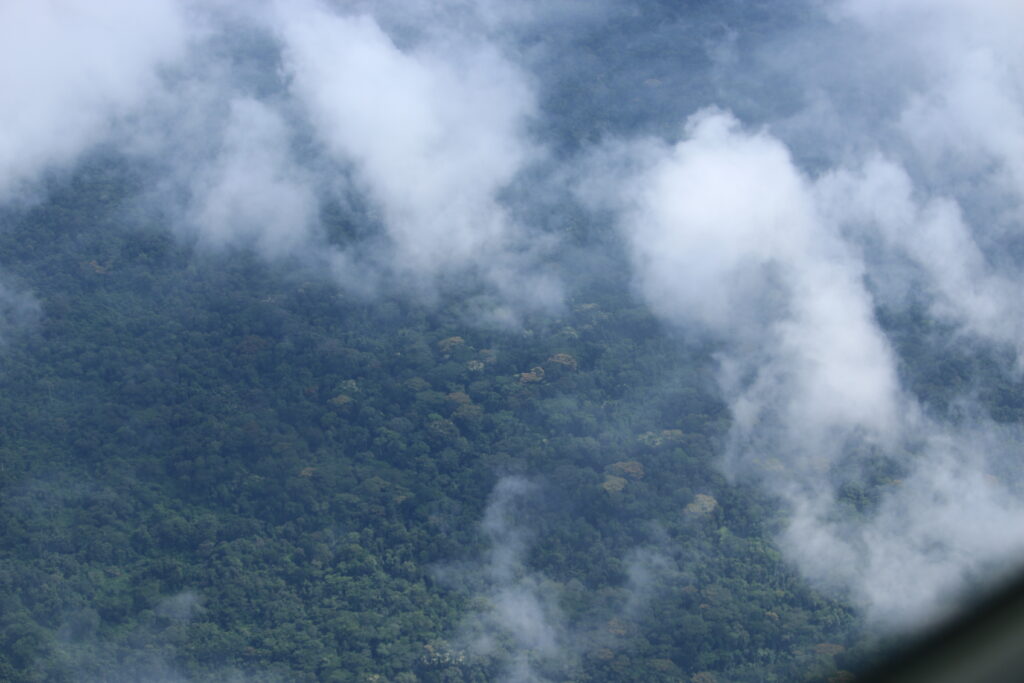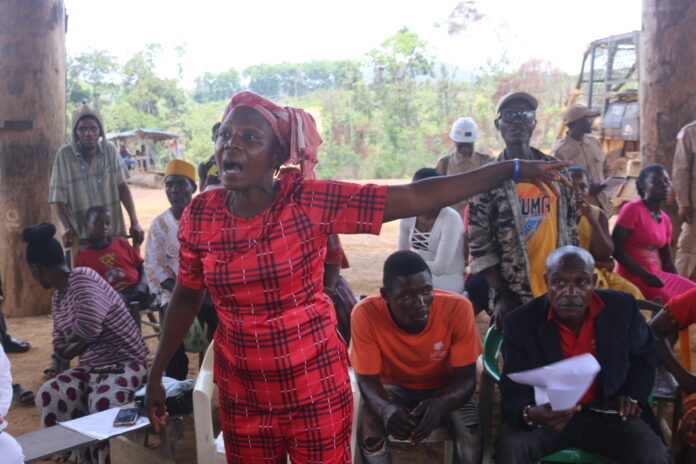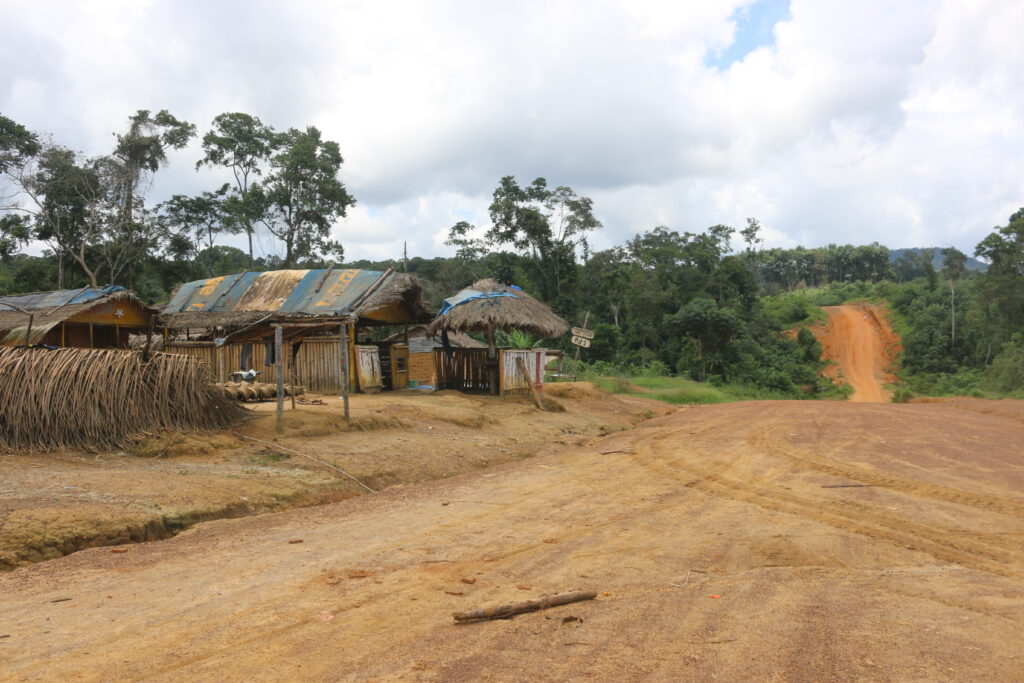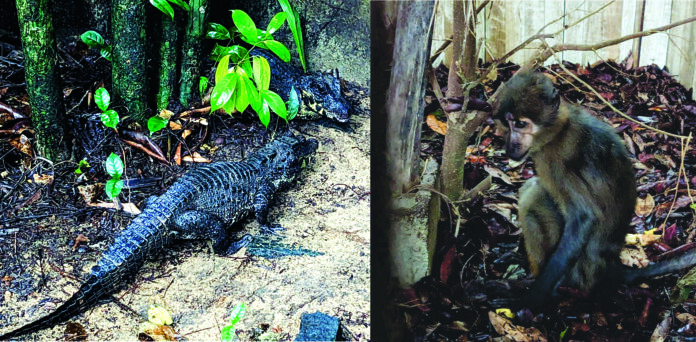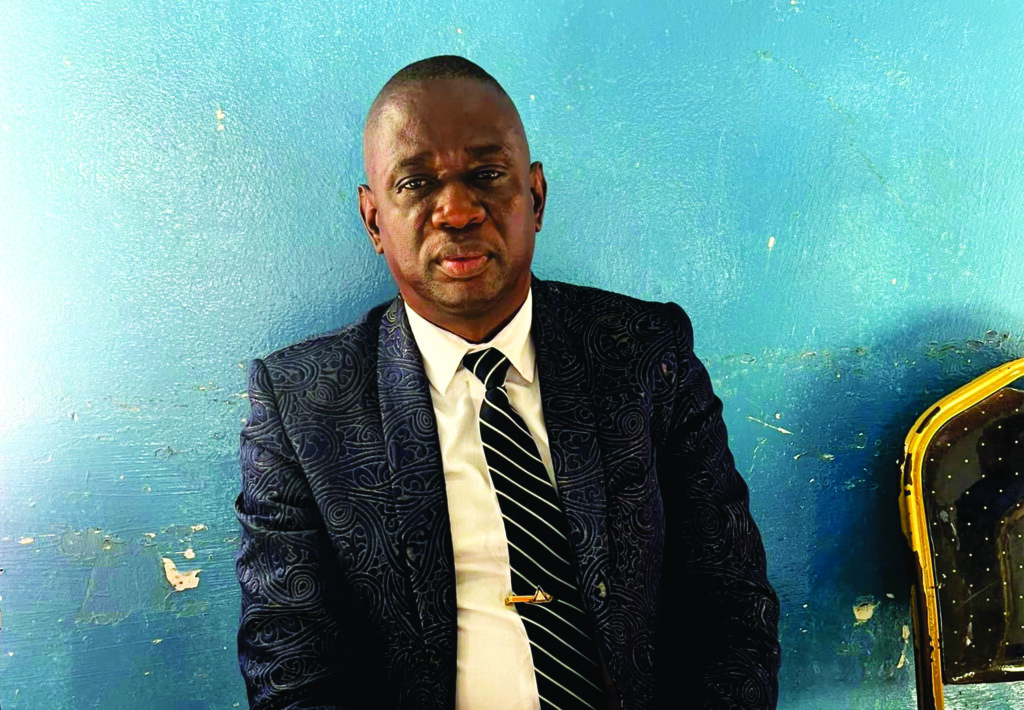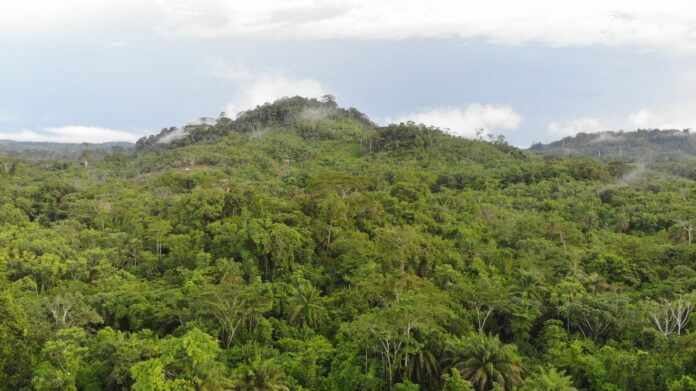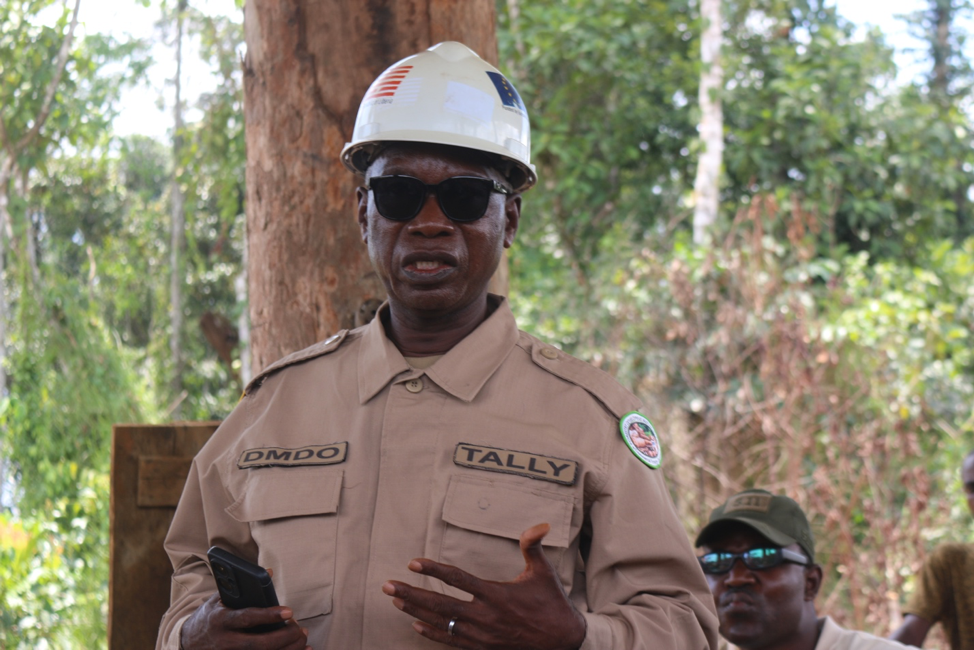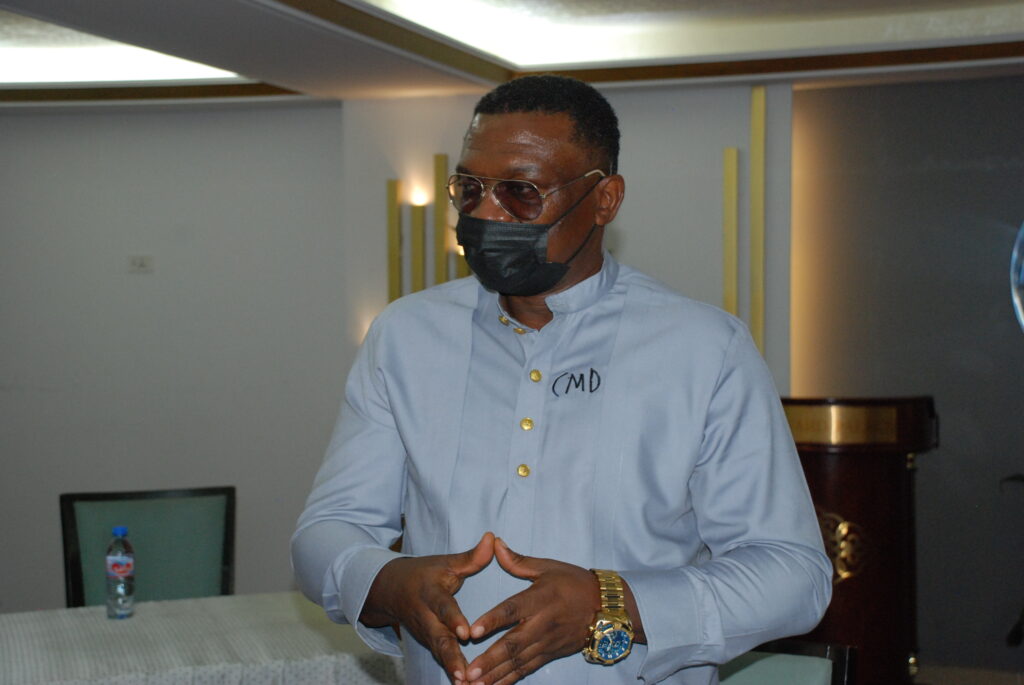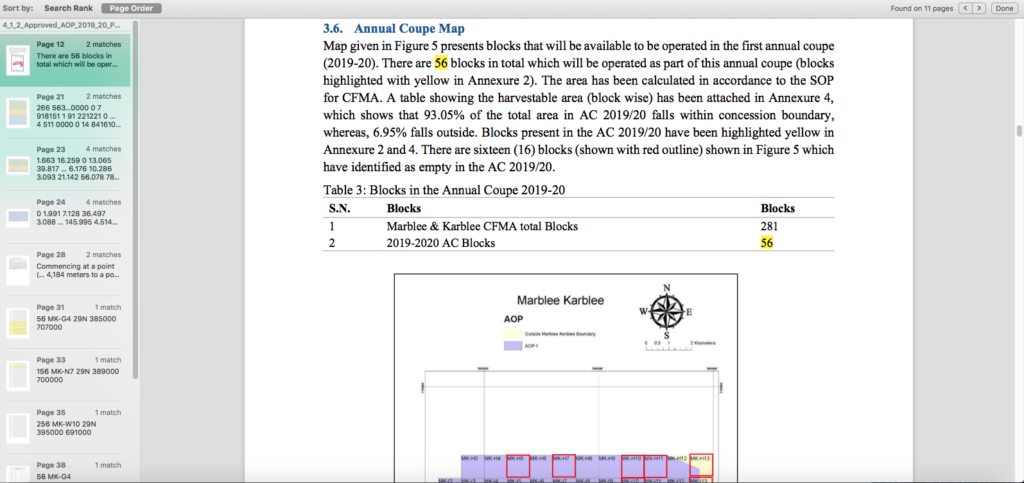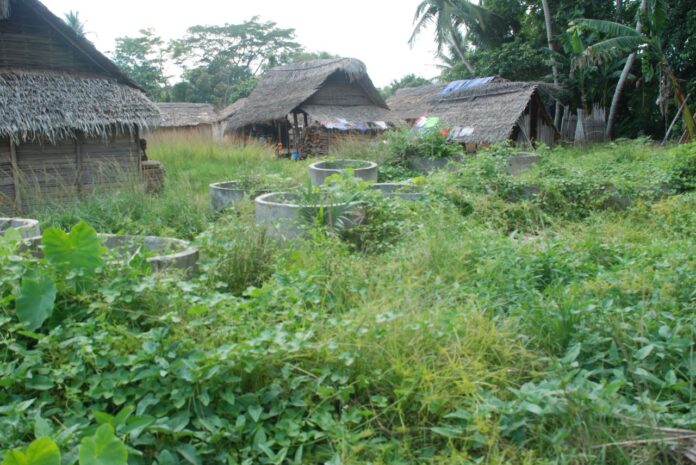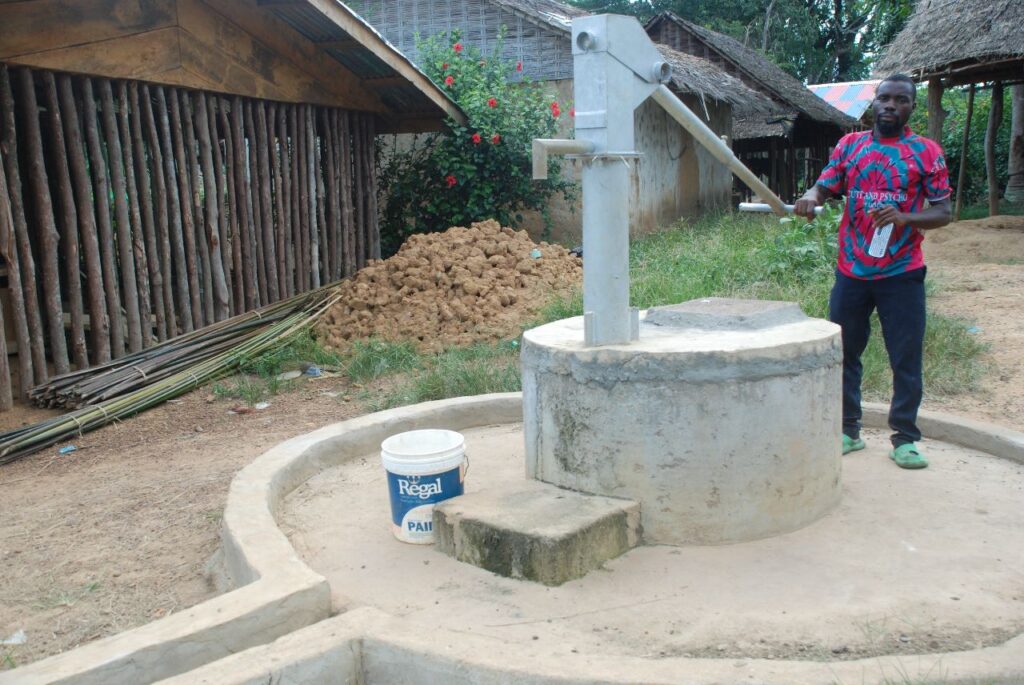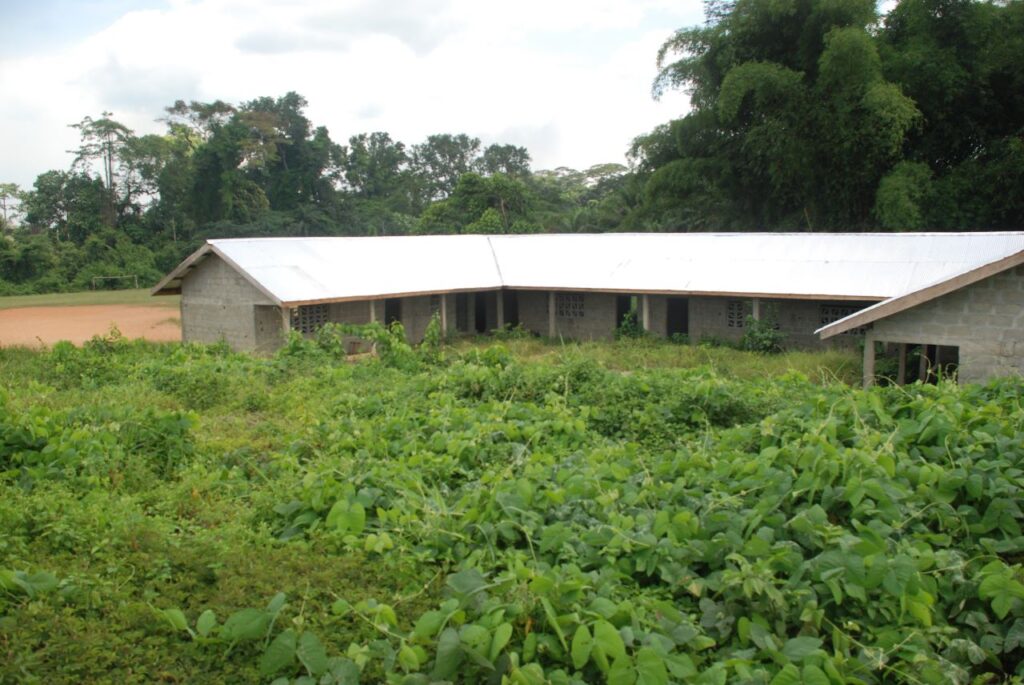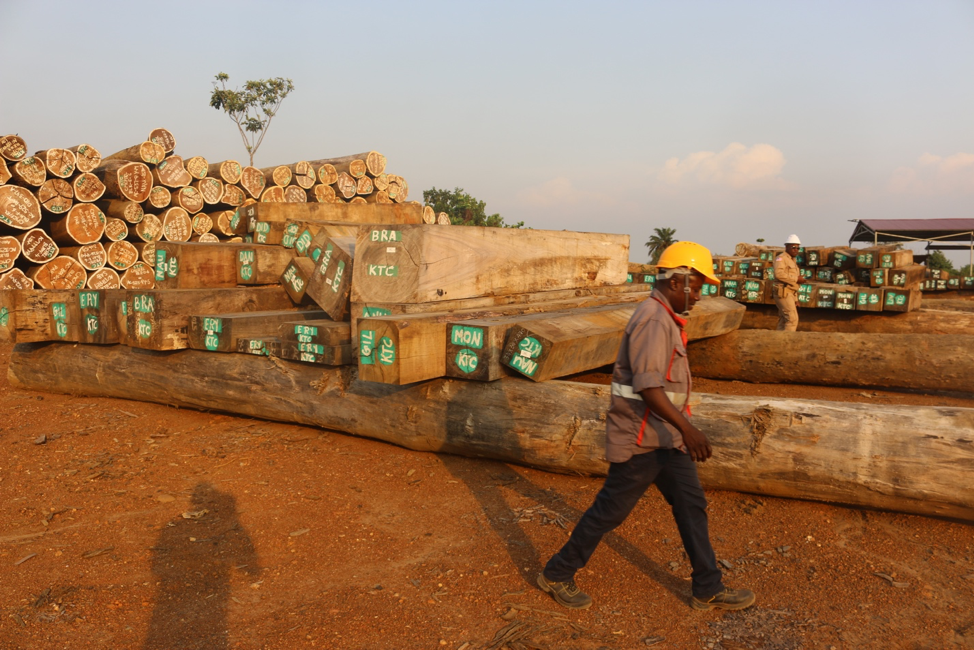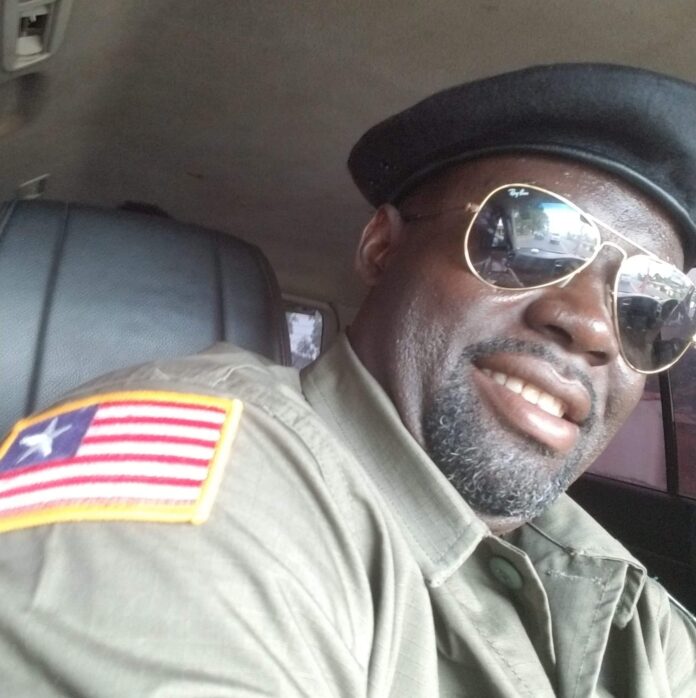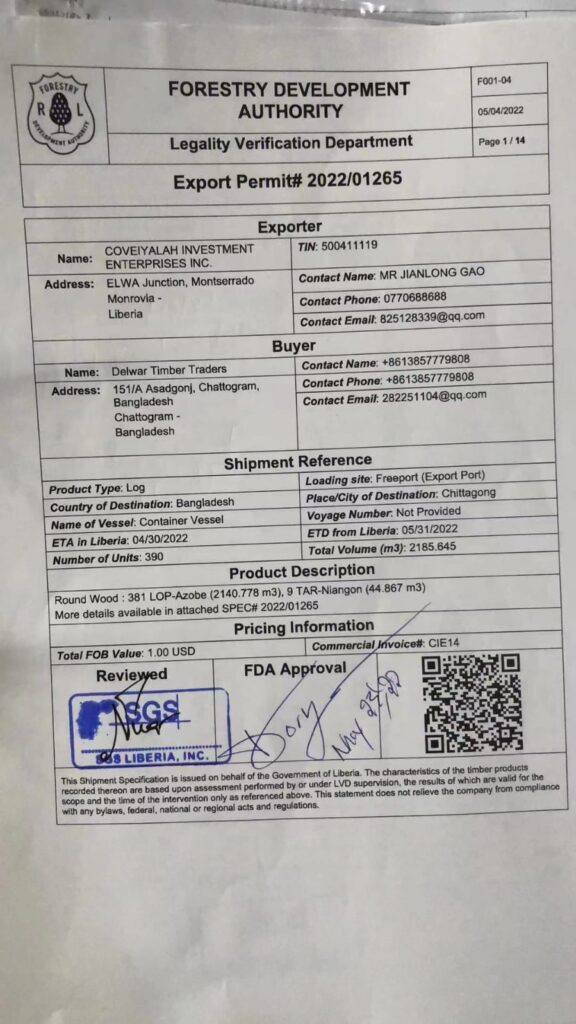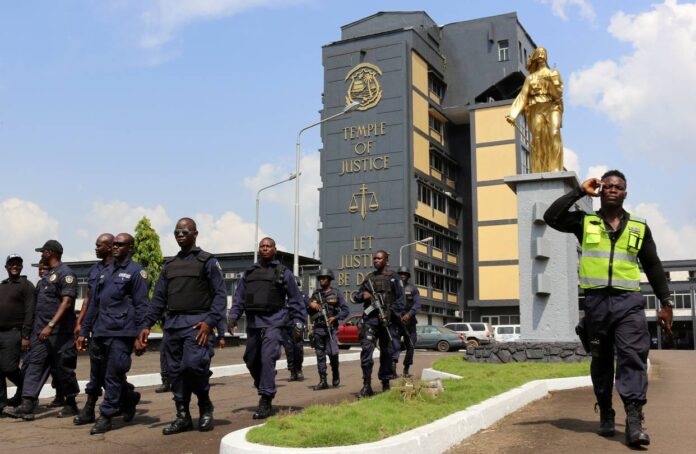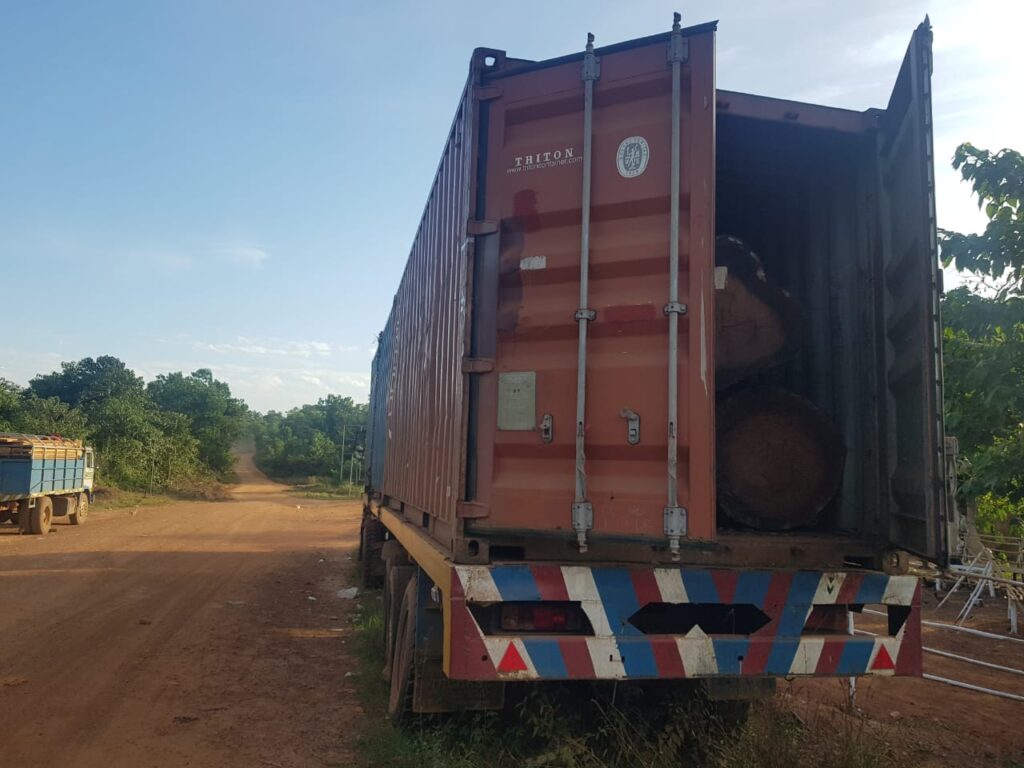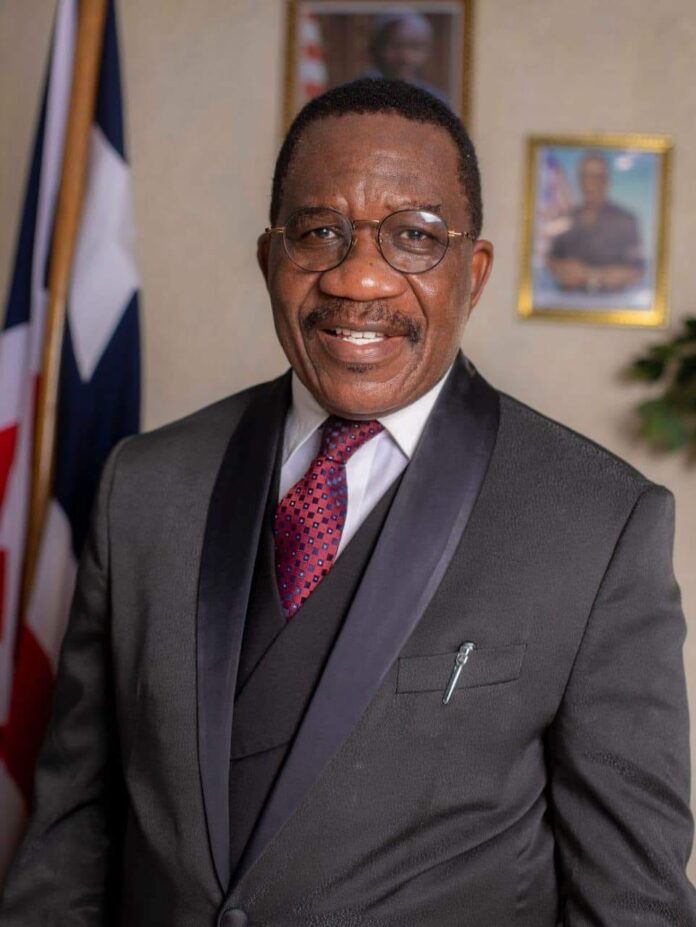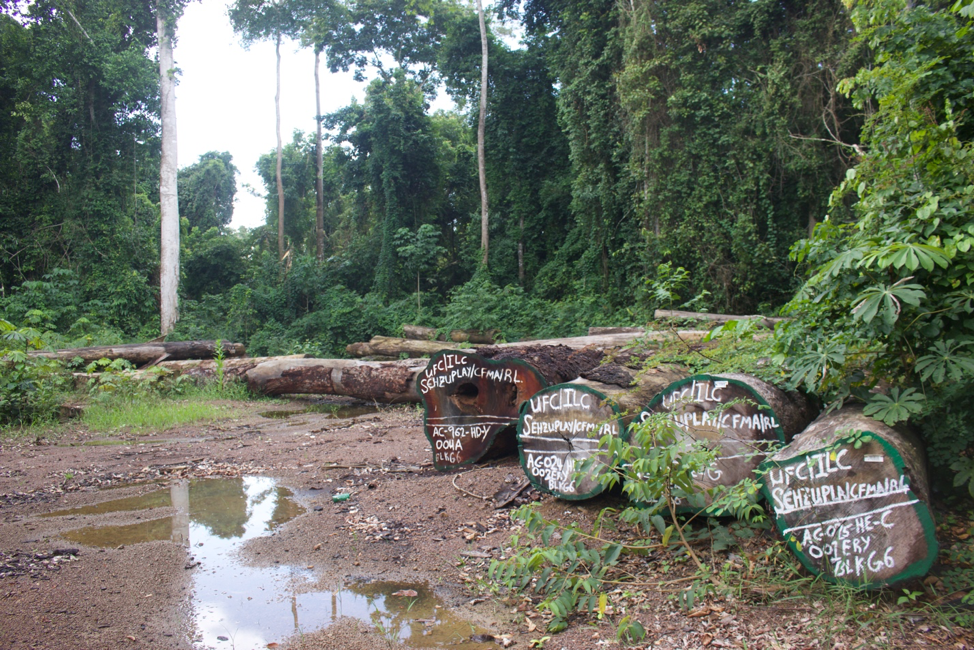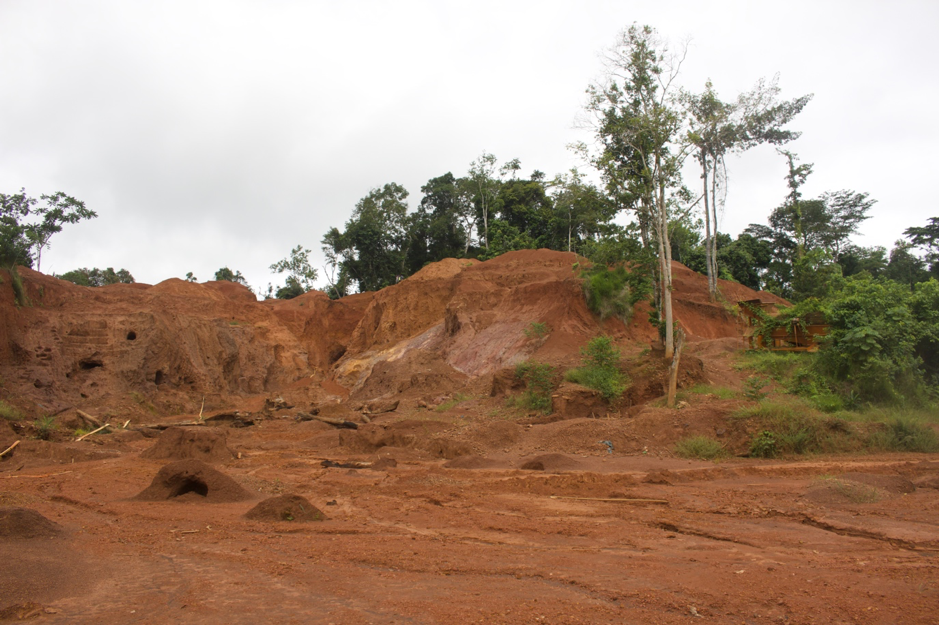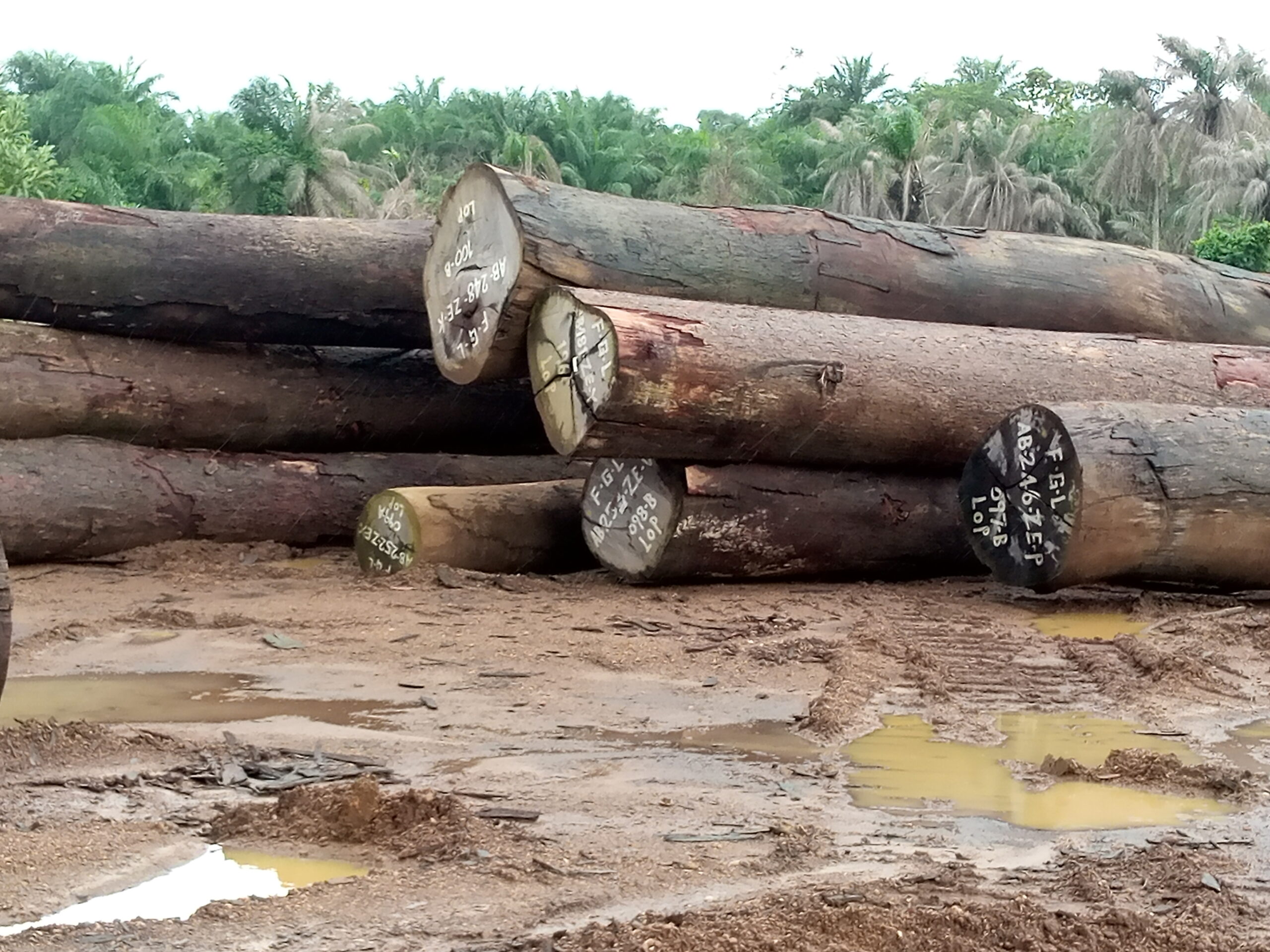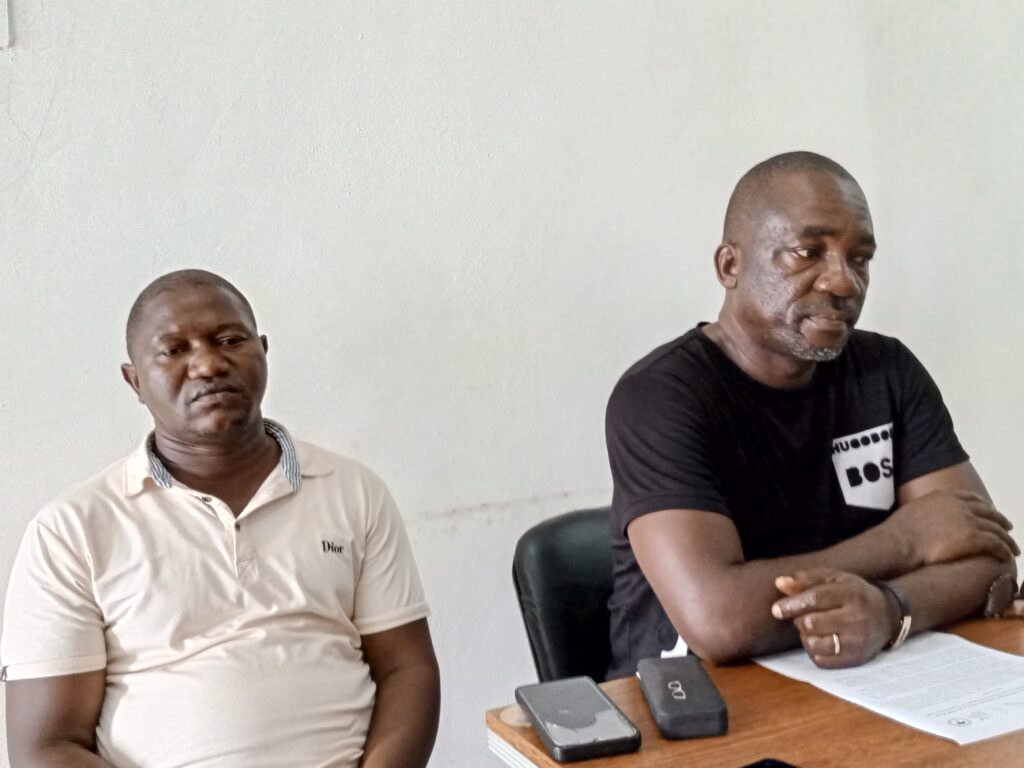Top: A forest in Sinoe County, one of the places that would be affected by the proposed Blue Carbon deal. The DayLight/James Harding Giahyue
By Esau J. Farr
The government of Liberia is in negotiation with a United Arab Emirates-based Blue Carbon in a deal that is worth US$50 billion.
The parties have drafted a memorandum of understanding (MoU) in which Blue Carbon will manage over a million hectares of Liberia’s rainforests for 30 years.
UAE sees the deal as part of its efforts to create a decarbonized world, according to the Gulf country, in line with the Paris Climate Agreement.
But it has been hugely criticized for disregarding a number of Liberian laws.
National and international NGOs and the opposition Liberia People’s Party have criticized the draft agreement. All three groups called for the Liberian government to halt the negotiation and make the necessary legal corrections.
The DayLight takes a look at the laws the deal would violate if sealed:
The National Forestry Reform Law
The proposed Blue Carbon deal would be a complete violation of the National Forestry Reform Law because it would cover more than 1 million hectares of forest. The law restricts the size of any concession to not more than 400,000 hectares. That is nearly three times the size of the proposed Blue Carbon deal.
The Public Procurement and Concession Act
If it goes through, the Blue Carbon deal will breach the Public Procurement and Concession Act of 2010.
Section 55 of the law grants the Public Procurement and Concession Commission the power to sole source a concession but only in an “extreme urgency,” and other instances, none of which the deal qualifies for.
Section 101 of the act also provides for a sole source but limits it to a bidder with specialized expertise only that the bidder can provide, the concession involves research only the bidder can undertake or it would be against national security for a competitive bidding process.
But, none of those instances fits Blue Carbon, established only about a year ago and has not traded in the carbon market before.
The Land Rights Act
The Blue Carbon MoU fails to recognize customary land ownership since it did not seek the free, prior and informed consent information of rural communities.
Article 32 of the Land Rights Act of 2018 grants community ownership of customary land to rural community members. It states that “Customary land is acquired and owned by a community in accordance with its customary practices and norms based on a long period of occupancy and or use.”
Liberia has even created an FPIC policy and an FPIC guideline that reinforces villagers’ consent power.
Noteworthy, “free” means that locals must be allowed to say yes or no without fear or coercion. “Prior” implies that consent must occur significantly in advance and there must be ample space for consultation. “Informed” means villagers must have all the information about the project, including nature, size and duration. And “consent” can be granted and withheld, even with consultation.
The Community Rights Law…
Nine years before the law, rural communities already owned forestlands under the Community Rights Law of 2009 with Respect to Forest Lands. That law also guarantees communities’ right to consent to any concession on their forestland.
The law clearly states in Section 2.2, “Any decision, agreement or activity affecting the status or use of community forest resources shall not proceed without the free, prior and informed consent of [the] said community.”
Section 10 of the National Forestry Reform Law had three years earlier guaranteed community “informed participation” in forestry governance and management.
In fact, community along with, commercial logging and conservation were the “three Cs” of Liberia’s forestry reform process before carbon credit made it “four Cs.”
The United Nations Declaration on the Rights of Indigenous Peoples
Because the Blue Carbon MoU did not seek the free, prior and informed consent of members of the potentially affected communities, it would breach the United Nations Declaration on the Rights of Indigenous Peoples.
Liberia is one of 144 countries that have ratified that instrument, which is not legally binding but shows the direction of the international community on indigenous people matters.
An excerpt of the September 13, 2007, UN Resolution, the precursor of the principle, states, “Convinced that control by indigenous peoples over developments affecting them and their lands, territories, and resources will enable them to maintain and strengthen their institutions, cultures and traditions, and to promote their development in accordance with their aspirations and needs.”
Community right to consent is also a major part of other human rights instruments, including the African Charter on Human and People’s Rights and the very United Nations Framework Convention on Climate Change that guides the carbon market.
The Liberian Constitution
Since the right to property is clearly protected in the Constitution of Liberia, it would be unconstitutional for the government to interfere with community property. The government can only grant concessions for forest carbon on forest lands it owns.
The forest areas concerned in the Blue Carbon, are, however, not owned by the Government. There is a good chance that communities own much of the proposed agreement-affected area.
So, there is an uncertain legal basis for the Liberian government to negotiate a concession for land it potentially does not own.
This is a production of the Community of Forest and Environmental Journalists of Liberia (CoFEJ).

